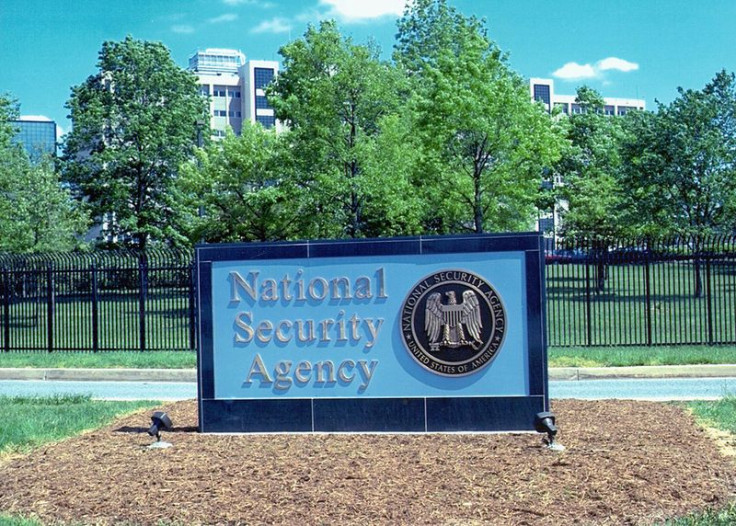NSA PRISM Program May Benefit The Clinically Paranoid As They Find Out Others Are Being Watched Too

Reading about nation-wide surveillance strategies like the NSA’s now well-known PRISM program might conjure images straight out of spy novels: dark silhouettes stalking unwitting civilians, men in fedoras cowering behind newspapers, and bespectacled analysts eavesdropping on desultory phone conversations. Even though the surveillance project is purportedly little more than an algorithmic data-gathering tool sensitive to certain keywords, its vaguely Orwellian vibe is difficult to scrub.
Clandestine government operations like the one Edward Snowden recently exposed are bound to leave many rational people a little paranoid. But what about those who actually suffer from clinical paranoia?
Scientific American reports that while publicized spying programs may certainly exacerbate the diagnosis of many, it could also have an unusual therapeutic effect for some.
“Persecutory delusion” occurs in about 50 percent of people suffering from schizophrenia, and is characterized by an imagined antagonism erroneously perceived in government, institutions, and the public at large. Although the terms “schizophrenia” and “paranoia” are frequently thrown around in nonclinical, colloquial contexts, their clinical DSM-IV definitions are extremely serious, with diagnosed subjects suffering from severe anxiety and stress brought on by an impaired faculty of threat assessment.
"The more a belief is implausible, unfounded, strongly held, not shared by others, distressing, and preoccupying then the more likely it is to be considered a delusion," psychologist Daniel Freeman writes in the journal Clinical Psychology Review.
But even though recent headlines may confirm or mirror the delusions of many, their actual impact is largely contingent on the patient’s own persecutory narrative — their subjective construct compounding memories, emotions and phobia, which naturally differs greatly among diagnosed individuals.
"If you think the American government is spying on you, that's one thing," says Dr. David Kimhy, director of the Experimental Pathology Lab at New York State Psychiatric Institute. "If you think it's Russian intelligence, that wouldn't have the same impact."
Kimhy explains that the revelation of the PRISM program could alternatively offer a therapeutic benefit in certain cases.
"The thought that the government is following everyone, in a paradoxical way, may take away from the delusion," he says.
Individuals suffering from paranoia usually do not believe themselves to be common citizens subjected to a comprehensive surveillance system, but rather unique targets singled out by nefarious officials. In this sense, a person suffering from persecutory delusions locates themselves at a kind of nexus of imagination and reality, where they alone must face the perceived antagonism. In such cases, the PRISM program may actually alleviate the experienced paranoia.
In addition, the knowledge of broad, clandestine operations could ultimately buttress treatment methods in therapeutic settings. Kimhy explains that now, a therapist might defer to the very broadness of the “persecution” when discussing a patient’s delusions. "You could ask, 'What's so unique to you? What special powers do you have? And by the way, why don't we talk about those special powers?'"



























